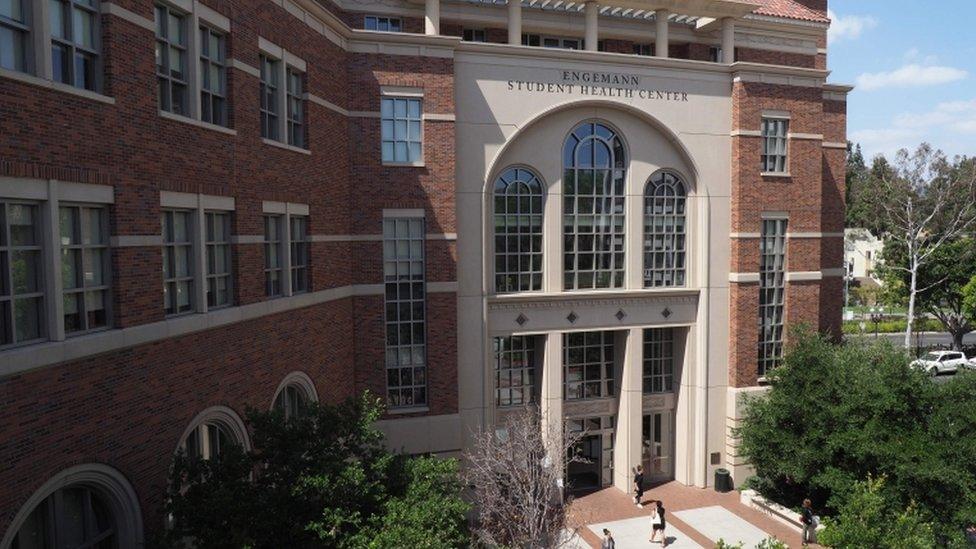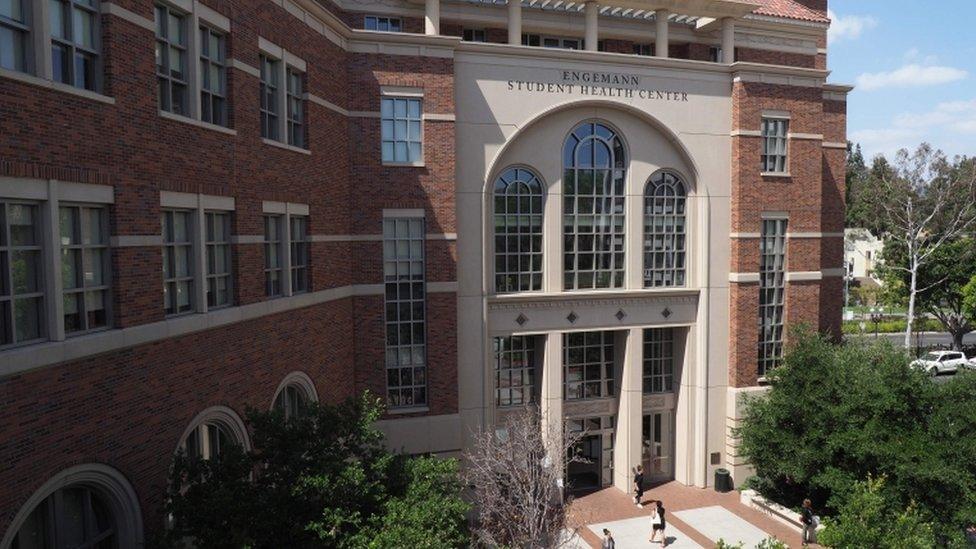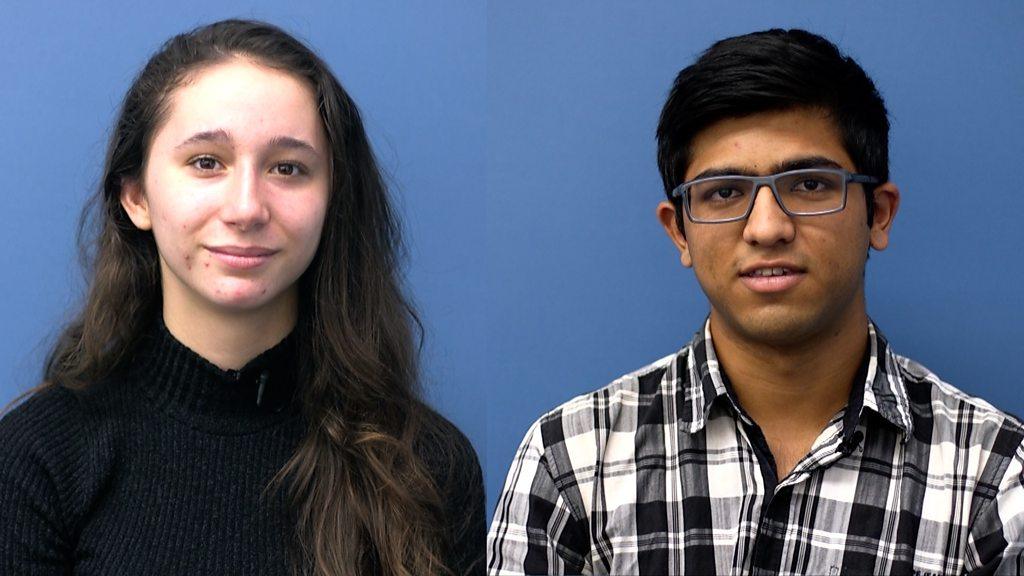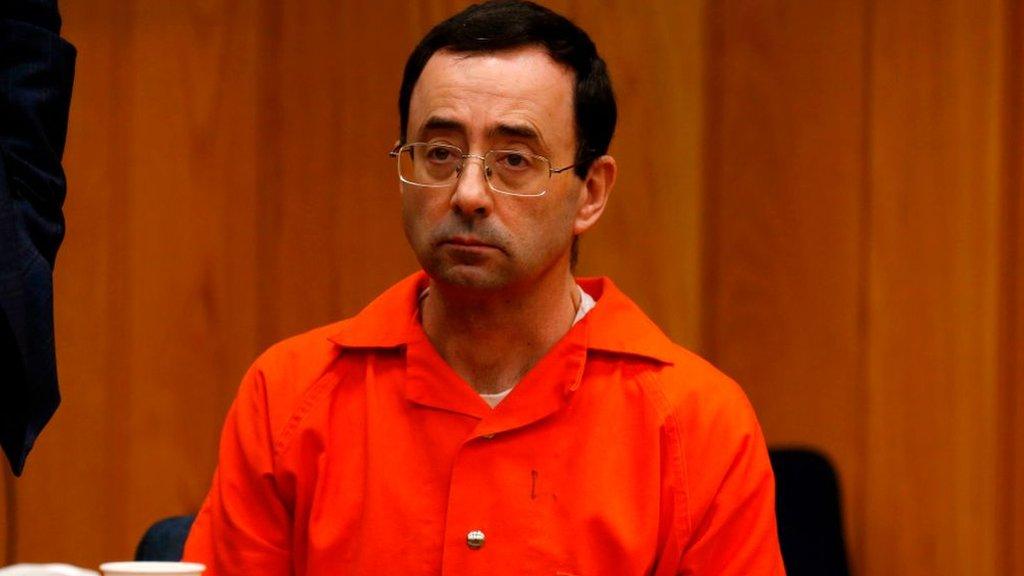USC to pay $1bn over abuse claims against gynaecologist George Tyndall
- Published

The gynaecologist in the case worked at the university for 30 years
The University of Southern California (USC) has agreed to pay more than $1bn (£730m) to patients treated by a former campus gynaecologist accused of sexual abuse.
It is the biggest sex abuse-linked pay-out in higher education history.
George Tyndall was arrested in 2019 and charged with sexually assaulting 16 female patients, allegations he denies.
More than 350 women have spoken out about their experiences as patients of the gynaecologist.
Dr Tyndall, now 74, is awaiting trial. In a 2019 statement he said he "remains adamant" he would be "totally exonerated".
Lawyers for a final group of 710 women suing the university told a judge at the Los Angeles Superior Court they had settled their claims for $852m.
USC had already agreed in 2018 to pay $215m in a class action case.
"I am deeply sorry for the pain experienced by these valued members of the USC community," USC President Carol Folt said in a statement.
"We appreciate the courage of all who came forward and hope this much-needed resolution provides some relief to the women."
This is the biggest payment of its kind. Michigan State University previously paid $500m in connection with Larry Nasser's sexual abuse of gymnasts and others, while Penn State settled claims related to Jerry Sandusky's sexual abuse for more than $109m.
What's the background?
The case arose after the Los Angeles Times published accounts from former and current employees about Dr Tyndall's alleged sexual misconduct as a gynaecologist.
Hundreds of women came forward to report misconduct by Dr Tyndall, according to police, though not all cases met the requirements for charges.
The women claimed he made lewd comments, photographed and groped them during medical examinations.
Why it can take sexual assault allegations years to come out
The case saw USC's president step down amid sharp criticism of how the institution responded to the abuse claims.
Dr Tyndall worked at the university clinic for 30 years, where he was the only full-time gynaecologist. He left the university in 2017 after an internal inquiry found he had made inappropriate remarks to patients.

George Tyndall is awaiting trial
The Tyndall case sparked new discussions about gynaecology and the conduct of doctors during examinations.
Women can request chaperones - usually a nurse - to be in the room during sensitive gynaecology check-ups, but patients may not always know whether a doctor has overstepped.
In the USC case, it was a complaint from a nurse chaperone that ultimately led to Dr Tyndall leaving the university.
Related topics
- Published27 June 2019

- Published1 October 2018

- Published20 October 2017

- Published5 February 2018
